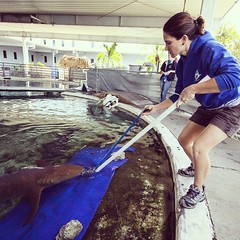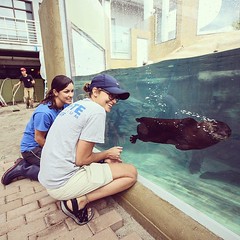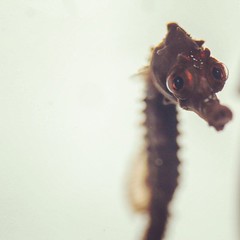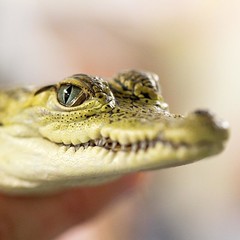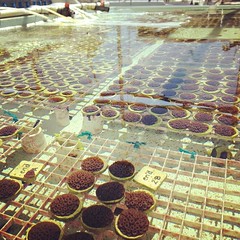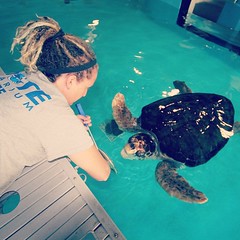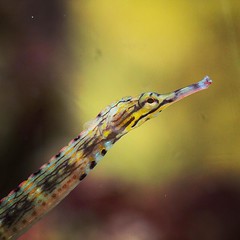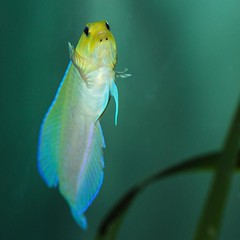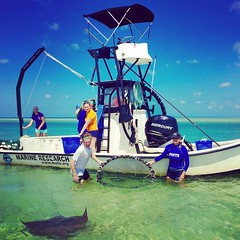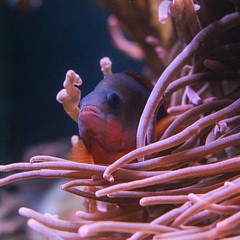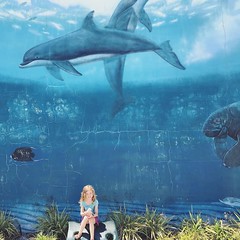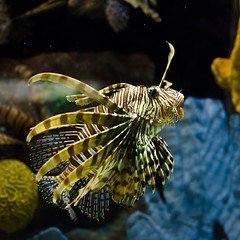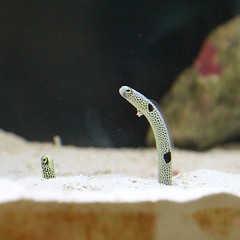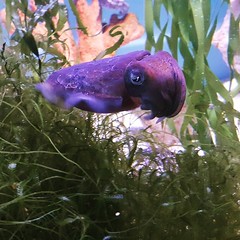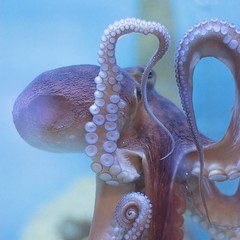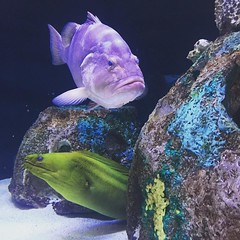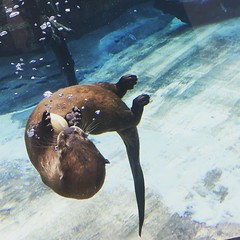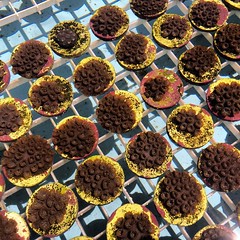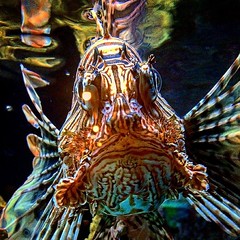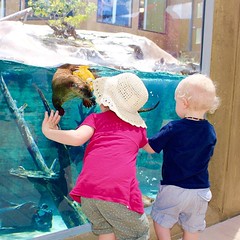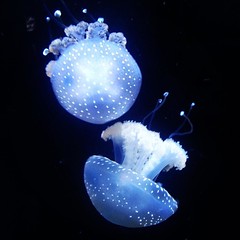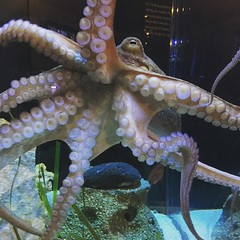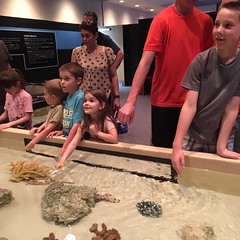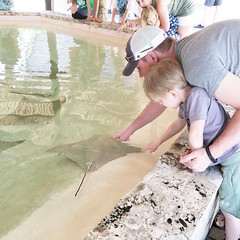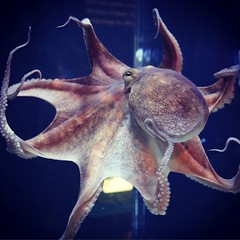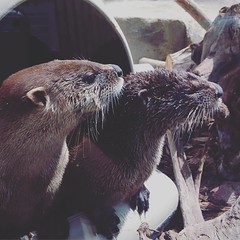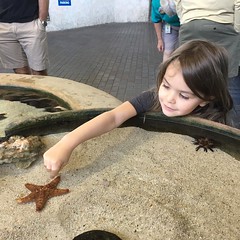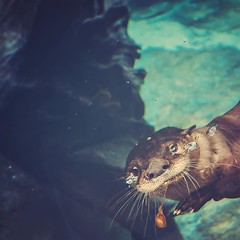1600 Ken Thompson Parkway
Sarasota, FL 34236
Ph: (941) 388-4441
Hours: 10AM - 5PM
A 501(c)3 nonprofit organization.
Oiled turtles, group 1
| Age Class | Juvenile |
| Gender | Unknown |
| Date Stranded | |
| Location of Stranding | Off Louisiana |
| Date of Arrival | August 4, 2010 |
| Number of Days of Care | 1245 days |
Final Disposition
Released
On Aug. 4, six Kemp's ridleys sea turtles arrived at Mote from Louisiana, where they received initial treatment after being rescued from oily waters. The turtles, which arrived at Mote oil-free, received health checkups shortly after their arrival.
The turtles show no obvious signs of skin, lung or digestive tract damage that oil can cause, and all six turtles are eating. Careful follow-up exams are crucial, Mote staff members say.
During recent health examinations, Mote’s animal care team removed the turtles from the water to do physical exams and take small blood samples for lab work to check for hidden illnesses.“We don’t know the lasting effects of what happened to these turtles," says Dr. Andy Stamper, consulting veterinarian for Mote. "Many of the turtles had oil on their skin and have ingested oil — response teams have swabbed oil out of their mouths and throats."
Before these turtles can return to sea, their health must meet a list of specific criteria outlined by the federal authorities, including: being alert, active and able to swim and dive normally; feeding and excreting waste normally; good body condition and healthy weight; normal results from lab work; recovery from other health problems diagnosed in the clinic and no need for medications for at least two weeks before release. These turtles arrived at Mote as part of a group of more than a dozen that were transported to Florida rehabiliation facilities. The move happened to make room for more turtles in critical-care receiving facilities. The new Mote patients are juvenile Kemp’s ridleys — among the world’s smallest and rarest sea turtles and an endangered species.
Stamper said the next step is to understand how oil affects sea turtles and the marine food web in the long run. “The oil spill’s effects may manifest in unpredictable ways," he said. "For instance, we may see turtles a year or two from now with syndromes that we don’t understand. There may be problems down the road caused by oil, but it will be difficult to establish a clear cause and effect,” Stamper said. “More research is needed to understand what the oil and dispersant will do in these turtles’ natural habitats.”
Their stay at Mote, expected to be relatively short, will be the turtles' last stop on their road to recovery and return to the wild.
Aug. 18 Update: Three sea turtles from this group were released Aug. 18 in oil-free waters near Cedar Key in Levy County, Fla. These turtles were part of a group of 23 released by federal, state and partner biologists after being rescued and rehabilitated from the effects of the Deepwater Horizon oil spill. This group was the first to be rehabbed and released after direct contact with oil from this spill.Scientists selected this release site on Florida’s Gulf coast because it is an important foraging area for the Kemp’s ridleys, the water was never oiled and the habitat provides everything these turtles need for survival, according to NOAA officials.The release team was accompanied by Dr. Jane Lubchenco, administrator of the National Oceanic and Atmospheric Administration and U.S. Coast Guard Admiral Thad Allen, commander of the Deepwater Horizon response team.
October Update: The oiled turtles that arrived as part of this group have all been release. In addition to the three released on Aug. 18, one was released on Aug. 31 and two were released on Sept. 16.
Learn more about Mote’s Sea Turtle Rehabilitation Hospital and support these animals with a donation.

